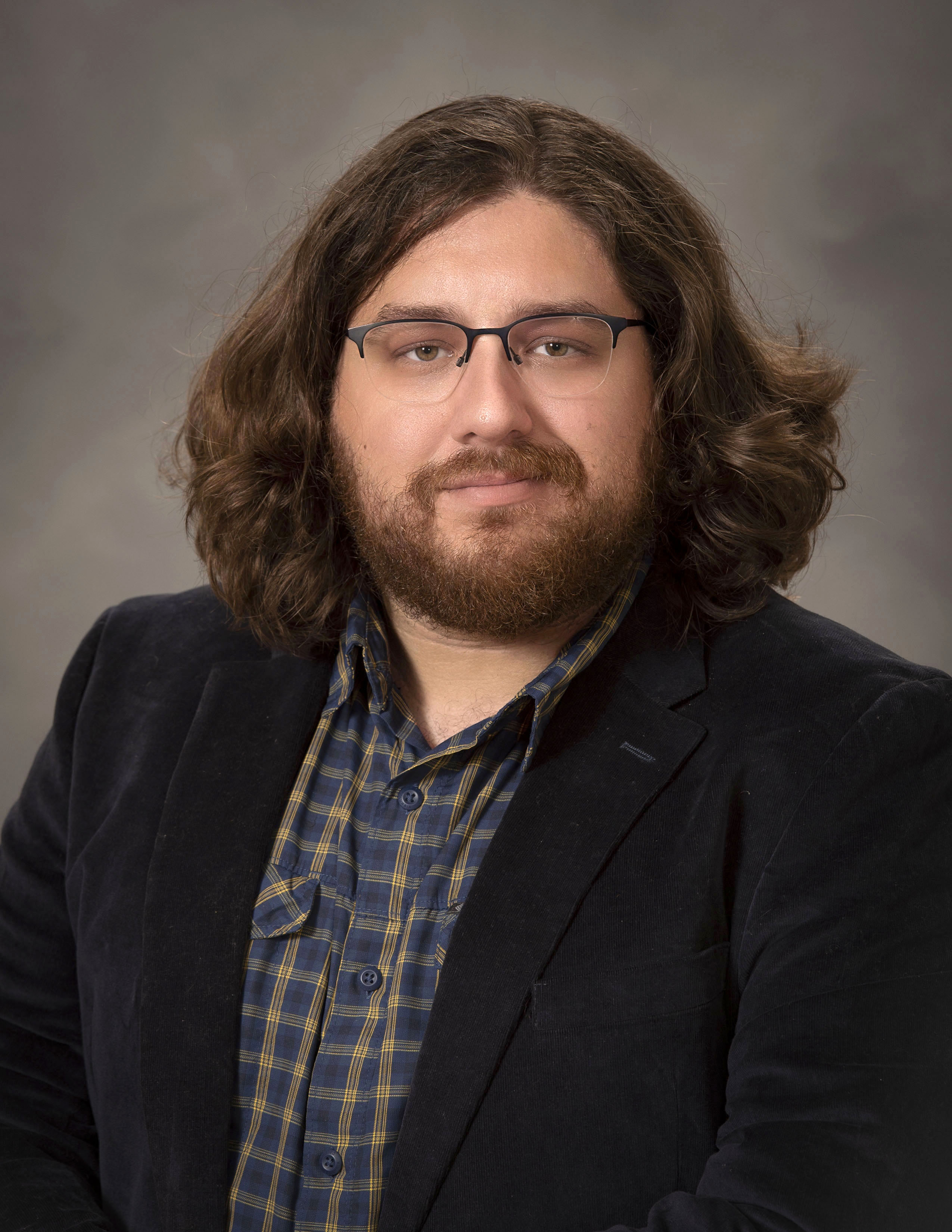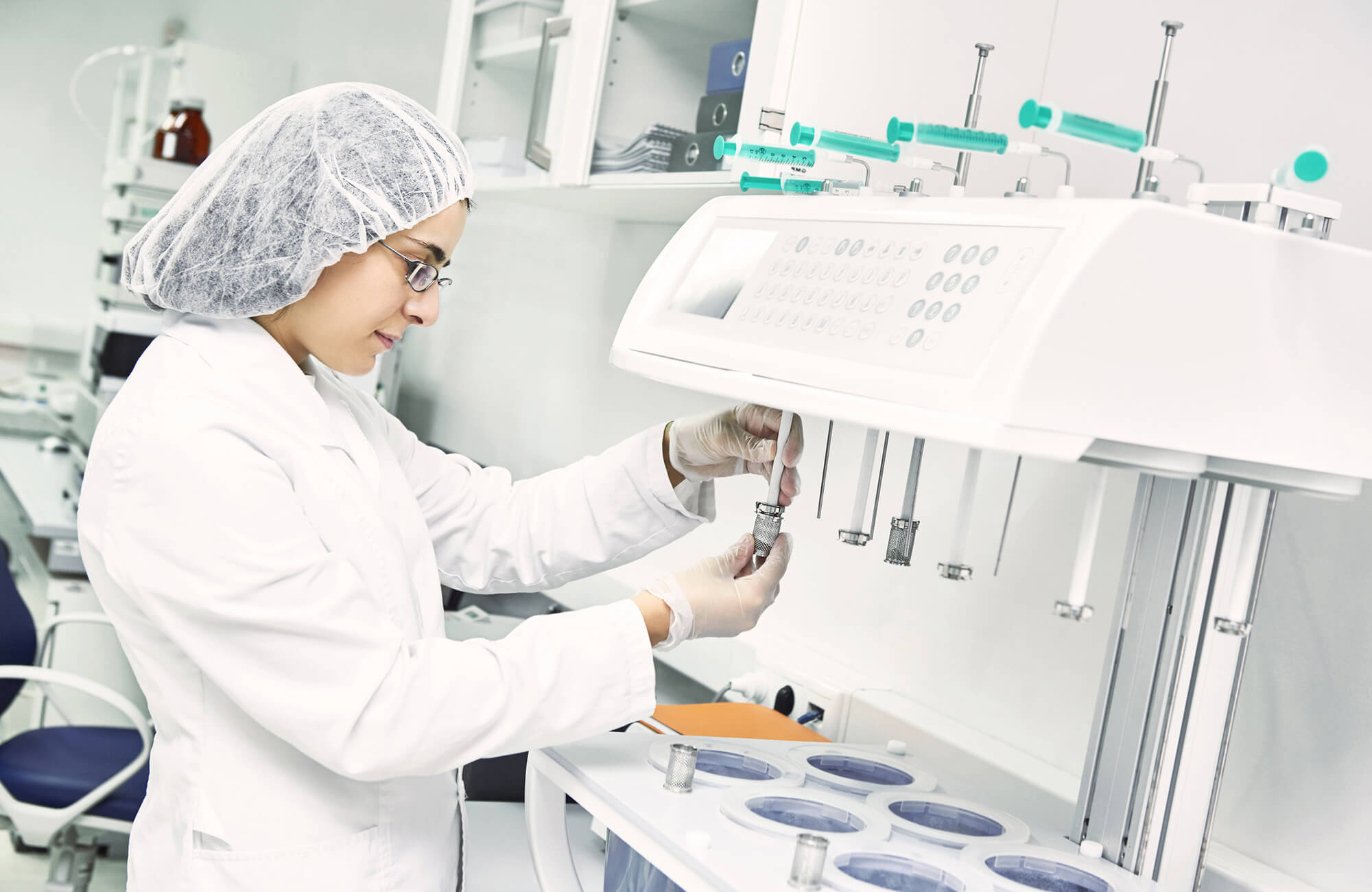The Bachelor of Science degree in Engineering Technology – Biomedical concentration is designed to prepare technologists for work in health care settings. Biomedical engineering technologists often work on a health care team to ensure safe and effective use of medical instruments and equipment for cardiology, diagnostic imaging, emergency facilities, respiratory, surgery, and trauma.
Students in this program will receive technical instruction in the following areas:
• Equipment installation and modification
• Equipment repair
• Inspection, performance testing, and calibration of equipment
• Instruction, consultation, and medical staff assistance
• Management
• Preventive maintenance
Concetration Overview
Goals
To enable the student to carry out the responsibilities and duties of a Biomedical Engineering Technologist, the program provides instruction in mathematical, scientific, and communications skills that allow the graduate to function at a professional level in a modern hospital. The student develops a knowledge of modern electronics and biomedical instrumentation, including the principles on which they work.
The Bachelor of Science degree in Engineering Technology - Biomedical Engineering Technology concentration program is accredited by the Engineering Technology Accreditation Commission of ABET, https://www.abet.org/, under the General Criteria and Program Criteria for Healthcare Engineering Technology.
Internships
An internship program is provided to help develop the ability to function knowledgeably and with confidence in a hospital situation. At the present time, several local clinical sites are used for the two biomedical internships, ENTC 4360 and ENTC 4380. Students must furnish evidence of sufficient personal liability insurance, evidence of a completed background check, evidence of a recent (within 12 months) TB test, and evidence of a flu shot during flu season. Students may also be required to submit a health examination.
Outcomes and Educational Objectives
Student Outcomes – Engineering Technology Programs
Engineering Technology students are expected to have demonstrated proficiency in the following areas:
- An ability to apply knowledge, techniques, skills and modern tools of mathematics, science, engineering, and technology to solve broadly-defined engineering problems appropriate to the discipline;
- An ability to design systems, components, or processes meeting specified needs for broadly-defined engineering problems appropriate to the discipline;
- An ability to apply written, oral, and graphical communication in broadly-defined technical and non-technical environments; and an ability to identify and use appropriate technical literature;
- An ability to conduct standard tests, measurements, and experiments and to analyze and interpret the results to improve processes; and
- An ability to function effectively as a member as well as a leader on technical teams.
Program Educational Objectives
1. Produce graduates that possess the technical and professional skills to have successful careers in regional, state, or national industries related to their discipline, and
2. Pursue life-long learning so the BMET graduates can become the experts, advisors, or managers in their profession.
Program Specific Outcomes Criteria – Biomedical Engineering Technology
Biomedical Engineering Technology students are expected to have demonstrated proficiency in the following areas:
- The interaction of medical equipment* with the human body;
- The principles of medical equipment, safety and operational tests, the use of test results in order to improve processes and ensure that equipment is functioning properly and safely with appropriate documentation;
- The clinical application of computer networks, networking protocols, and medical device interoperability including data security and privacy standards;
- Potential unsafe conditions related to the use of medical equipment and systems, preventative and corrective actions including risk mitigation;
- Technology utilized in specialized clinical areas such as patient imaging and the operating room, including the interconnectedness (connectivity) of medical devices and systems;
- The principles of project management to the healthcare setting; and
- The financial information associated with the process of clinical equipment acquisition, management and support including budgeting and life-cycle planning.
Curriculum
-
BIOMEDICAL CONCENTRATION
- ENTC 2310 Electrical Principles
- ENTC 2320 Electronics I
- ENTC 2330 Network Systems
- ENTC 3310 Circuit Analysis
- ENTC 3320 Electronics II
- ENTC 3370 Electronics - Digital Circuits
- ENTC 4277 Instrumentation and Process Control
- ENTC 4337 Microprocessors
- ENTC 4347 Digital Signal Processors
- ENTC 4350 Biomedical Instrumentation I
- ENTC 4370 Biomedical Instrumentation II
- ENTC 4390 Medical Imaging Equipment Technology
- HSCI 2010/11 Anatomy and Physiology I (Lecture and Lab)
- HSCI 2020/21 Anatomy and Physiology II (Lecture and Lab)
- PHYS 2020 General Physics II – Non-calculus
- PHYS 2021 General Physics Laboratory II – Non-calculus
-
GENERAL EDUCATION
- ENGL 1010 Foundations in Writing
- ENGL 1020 Written Communication & Critical Thinking
- Oral Communication (choose 1)
- Literature (choose 1)
- Fine Arts Elective (choose 1)
- ENTC 3020 Technology & Society
- Social and Behavioral Sciences (choose 2)
- HIST 2010 The United States to 1877
- HIST 2020 The United States since 1877
- MATH 1530 Probability and Statistics – Non-calculus
- PHYS 2010 General Physics I Non-calculus
- PHYS 2011 General Physics Laboratory I – Non-calculus
- CHEM 1110 General Chemistry
- CHEM 1111 General Chemistry Laboratory I
- CSCI 1100 Using Information Technology
-
TECHNOLOGY CORE REQUIREMENTS
- ENTC 1510 Student in University
- ENTC 2170 Computer Aided Design and Drafting (CADD)
- ENTC 3030 Technical Communication
- ENTC 4017 Industrial Supervision
- ENTC 2060 Project Scheduling
- METC 1140 Fundamentals of Engineering Analysis
- MATH 1910 Calculus I
- MATH 1920 Calculus II
Enrollment and Graduation Data
| Academic Year | Enrollment | Graduation |
| 2024-2025 | 58 | 7 |
| 2023-2024 | 64 | 7 |
| 2022-2023 | 59 | 9 |
| 2021-2022 | 37 | 14 |
| 2021-2021 | 57 | 14 |
Faculty

Dr. Richard Prince
Program Coordinator -Biomedical Technology; ProfessorEngineering, Engineering Technology, Interior Architecture, and Surveying
- princerc@etsu.edu
- (423) 439-7497
- 109A Wilson Wallis Hall

Dr. Hugh Blanton
Engineering, Engineering Technology, Interior Technology, and SurveyingEngineering, Engineering Technology, Interior Technology, and Surveying
- blanton@etsu.edu
- (423) 439-7822
- 222A Wilson-Wallis Hall
 Stout Drive Road Closure
Stout Drive Road Closure 